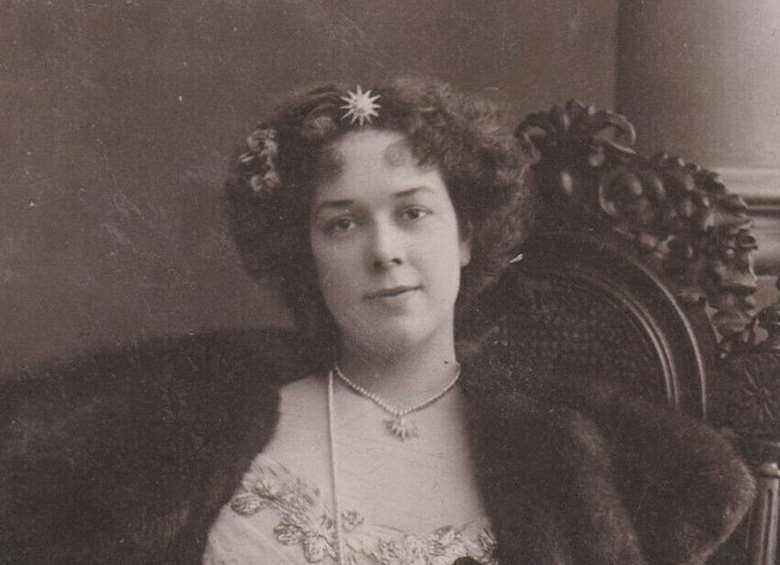Clara Butt's 1907/8 tour, and what it teaches us about the development of artist management
Thursday, April 1, 2021
Andrew Green takes us back to the early 20th century to explore what the relationship between artist and manager looked like then

Grampiero

Register now to continue reading
Don’t miss out on our dedicated coverage of the classical music world. Register today to enjoy the following benefits:
- Unlimited access to news pages
- Free weekly email newsletter
- Free access to two subscriber-only articles per month